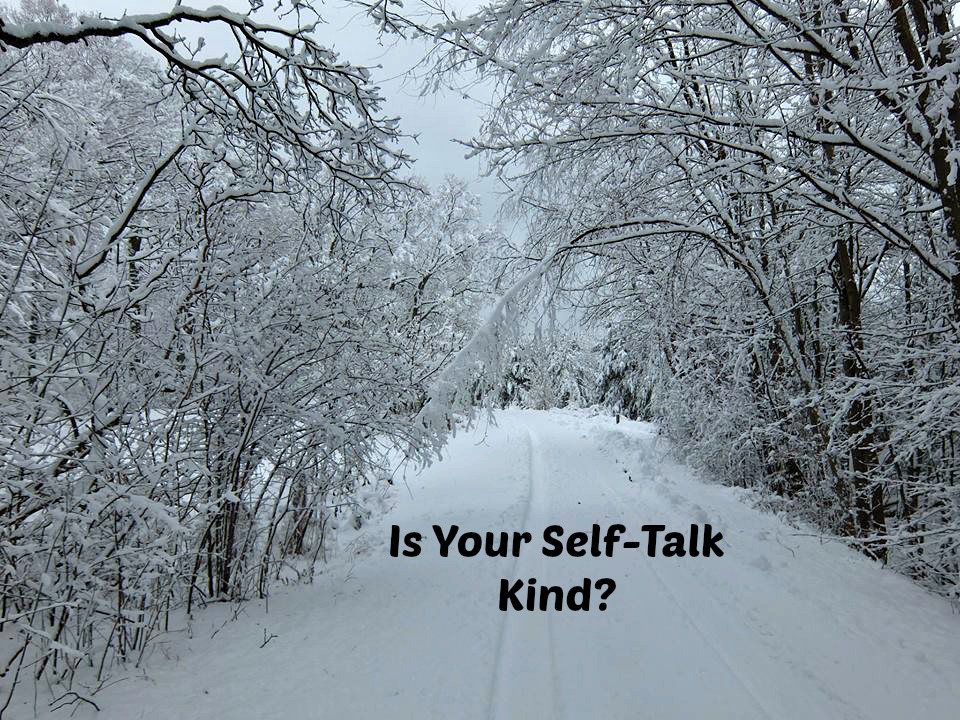Have you ever thought about how much you talk to yourself?
It’s not necessarily the “out loud” kind of talking, but you “talk” to yourself more than anyone else.
 You probably don’t pay conscious attention to what you say or think, but have a nearly constant dialogue running in your head. Even as you’re reading this, you’re likely talking to yourself about it.
You probably don’t pay conscious attention to what you say or think, but have a nearly constant dialogue running in your head. Even as you’re reading this, you’re likely talking to yourself about it.
Everyone talks to themselves. It’s not just you. And if you listen, sometimes it won’t even be your own voice. You’ll hear stuff like your coach telling you to push a little harder, your dad cautioning you about how you spend money, and your mom telling you to comb your hair before you leave the house.
Regardless of whose voice you hear saying it, what you think is extremely important.
“While food either limits or boosts your potential, your thoughts and mental programs define you and your potential.
You can use your thoughts to control your mood, choose your reactions and behaviors, plan your future, and motivate you to follow through on your plans.”
~Excerpt from Same Shit Different Day (Stay tuned for details on the release of this book)
Your mind is the MOST POWERFUL tool you’ll ever use, but most people let it run on auto-pilot.
If you want amazing, ‘change your life for the better’ kind of skills, you need to stop the automation and truly start using your mind.
That’s easier than it sounds.
The first step is paying attention to the things you say to yourself.
Pretend you’re saying the same things to the love of your life. How much of what you think about yourself would you say to someone you love? Would it be draining and harmful or energizing and helpful for them?
Is some of it harsh? Are there things you’d NEVER say to someone else because the words are so mean and hurtful that you just wouldn’t do it?
If so, why are you saying them to yourself?
There are ways to change your inner chatter.
Here’s 1 of the 3 techniques I share in my new book:
Every time you catch yourself having a negative thought, correct yourself in a positive way.
For example: If you make a mistake at work and catch yourself thinking, “I’m so stupid,” stop and make the statement accurate. “I made a mistake, but that’s okay. I learned from it and will make a different choice next time.”
You might catch yourself thinking or saying something negative only a few times a week or you might do it several times an hour. Regardless of the number of times, when you catch yourself, correct it, and go on with your day.
Watch what happens to your energy and productivity just by becoming aware of your thoughts.
If you have questions about Mindful Change and wonder if a session might benefit you, why not contact me for a 30-minute consult?

